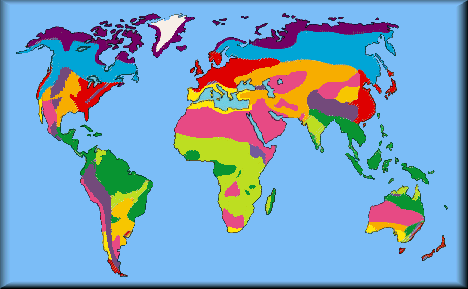 A plea against the spreading "banality of evil."
A plea against the spreading "banality of evil." 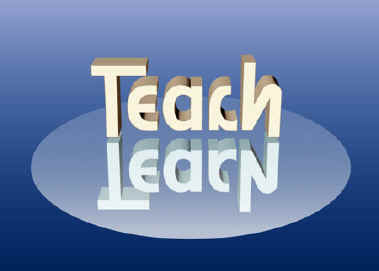
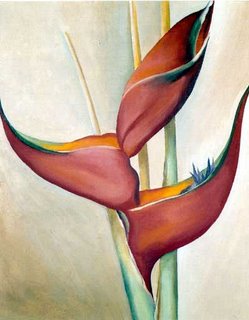

Ideas as catalytic

![]()

![]()
![]()
![]()
![]()
![]()
![]()
| Statement | Sources | Confusion | Judgment | ||
 |
Siry on Octavio Paz | 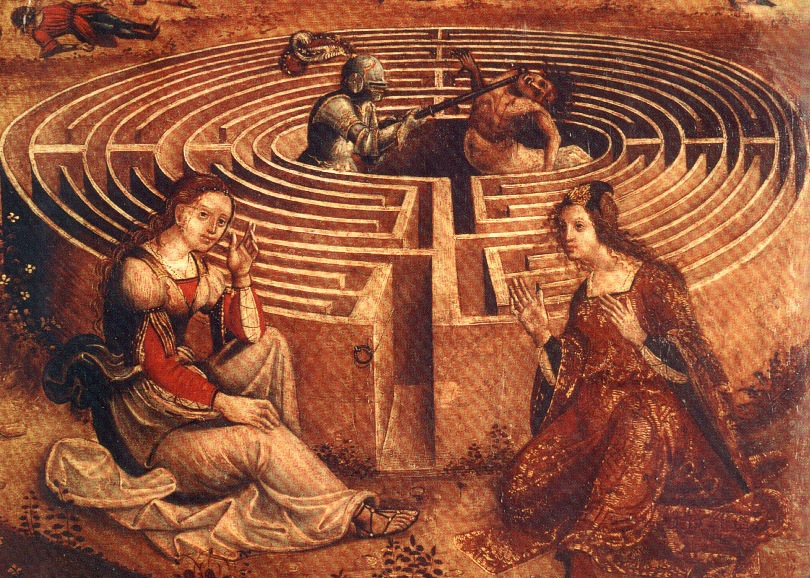 |
| The banality of evil | ||
| "If your past is your experience, make the future sense and vision!" | ||
| Edward W. Said (1936-2003) | ||
beliefs | verities | banality | aggression | Bronowski on truth | Joyce C. Oates | Postman | sources
We live in malevolent times and we are the enabling–or worse the purveyors of evil into–a world that is confused about what is real and what is opinion. Many cannot determine evil from everyday experience. So we have an obligation to not stand idle. People have to obstruct "the banality of evil," and to construct a place in the world better than the places we experience and improving on the conditions we have found.
New ideas must be judged on how well they allow us to make the world better for others and not merely our own situations.
![]()
To be honest
"There is an excitement in ideas.
That excitement allows us to envision a better, fairer, and more effective world.
We have the ability to evoke hope, in what we conceive.
And further, we have the ambition to change the world we see."
J. Siry
"So what shall we do?"
technology presents opportunities and obstacles
beliefs | verities | banality | aggression | Bronowski on truth | Joyce C. Oates | Postman | sources
Hannah Arendt (1906-1975) wrote about the banality of evil during the rise and spread of fascism throughout Europe from 1919 through the 1930s because she was appalled at the means by which societies appeared unable or unwilling to challenge the assumptions of extreme nationalism based on alleged ethnic purity.
In 1963, Arendt argued that evil occurs when ordinary individuals are put into corrupt situations that encourage their conformity, or acquiescence to intimidating power.
![]()
Writing | writing from texts | how to approach writing | writing papers | writing & world views
Abraham Maslow (1908-1970):
We need to "Get to work on aggression and hostility. We need the definitive book on aggression. And we need it now. Only the pieces exist: the animal stuff, the psychoanalytic stuff, the endocrine stuff. Time is running out. A key to understanding the evil which can destroy our society lies in this understanding."
Maslow was a psychologist in the 1940s and 1950s who developed arguments for human behavior based on a hierarchy of needs. These ideas were expressed early in a 1943 paper "A Theory of Human Motivation."
beliefs | verities | banality | aggression | Bronowski on truth | Joyce C. Oates | Postman | sources
The ideal as imagined and the real as sensed.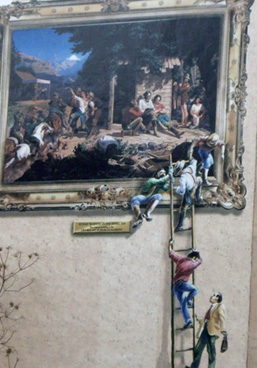
The world we have created with our tools and ideas undermines our peace of mind, because that created world is not nourishing our imaginations. In so doing we as members of a society with other people are destabilizing our sense of who we are.
Jacob Bronowski argues history since 1400 has been “an enrichment, moving towards what makes us more deeply human.”
“There have always been two ways of looking at truth”
1. faith in self evident truths
2. doubt (skeptically)
“by doubt we are led to inquire and by inquiry we perceive the truth.”
Peter Abelard
So now we are at a crossroads, where we are unable to determine the actual fork and the imaginary fork in the road.
“In creation man brings together two facets of reality and by discovering a likeness between them, suddenly makes them one.”
( Bronowski 51.)
distinguish what is true from what is illusory
Defining the pragmatic test of truth:
(Bronowski, explicitly on pages 46-52.)
He proposes a model for ascertaining or discerning truth or verity ;
verity either does not match [ ≠ ] or does coincide [ = ] with “reality of things”
(Bronowski, 52.)
“in the language of science, every fact is a field -- a crisscross of implications...”
“the concepts at which its laws cross, like knots in a mesh.”
![]()
beliefs | verities | banality | aggression | Bronowski on truth | Joyce C. Oates | Postman | sources
Exercising Judgment
"The pathological aspects of our era that make a death of the spirit inevitable—for that era and all who believe in its assumptions."
"The Death Throes of Romanticism: The Poetry of Sylvia Plath"
by Joyce Carol Oates
Originally published in Southern Review, July 1973.
Many people are unable to judge the road we are taking.
![]()
beliefs | verities | banality | aggression | Bronowski on truth | Joyce C. Oates | Postman | sources
For many critics this confused social and personal state of affairs is no surprise and may even be a necessary response to a poor use of words to describe such a damaging relationship among people, their tools, society and power:
√ Karen Horney, Neurosis and Human Growth.
√ George Lakoff, The Political Mind.
- Brain binding, George Lakoff
- The Political Unconscious
- The Language of the Brain
beliefs | verities | banality | aggression | Bronowski on truth | Joyce C. Oates | Postman | sources
Accounting for all natural assets
Ecological services are valuable
Dates: 3-1-2008, 6-23-201, 1 & 12-15-2013

.gif)


